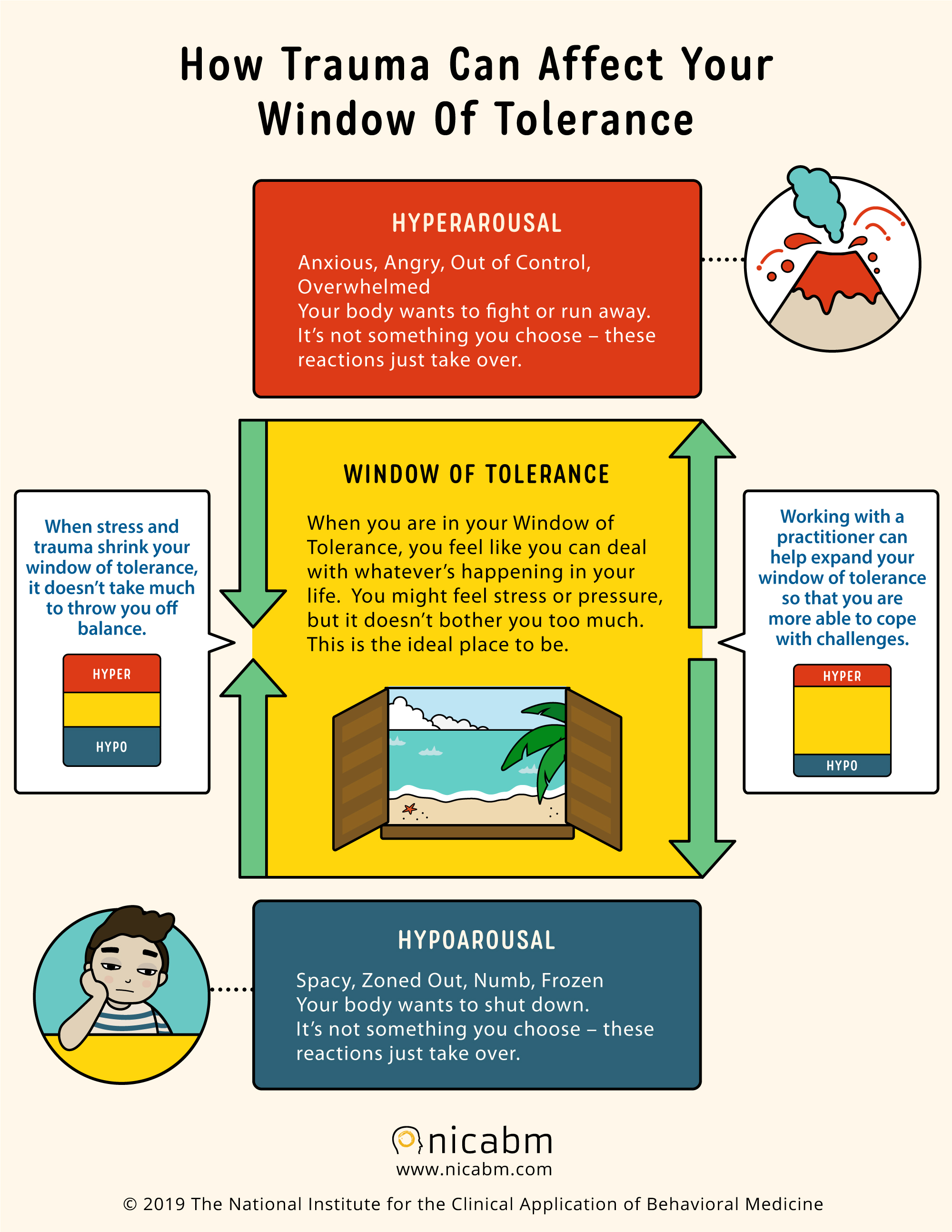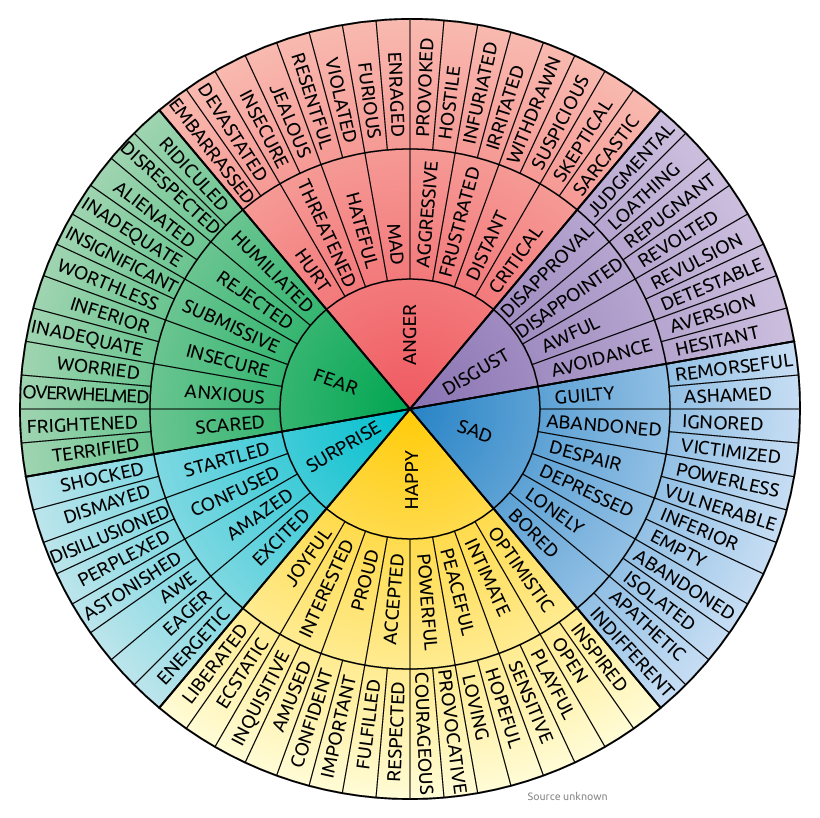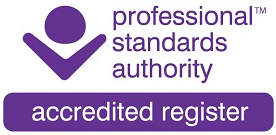Resources
Explore a collection of resources to support your mental health and well-being. Select a tab below to view recommended books, meditations, videos, tools, and helplines.
Psychotherapy Book Categories
Communication Skills & Conflict Resolution
- Nonviolent Communication – Marshall B. Rosenberg
- The Dance of Anger – Harriet Lerner
Trauma & Post-Traumatic Stress Disorder (PTSD)
- The Body Keeps the Score – Bessel Vander Kolk
- Complex PTSD – Pete Walker
- Healing the Fragmented Selves of Trauma Survivors – Janina Fisher
Focus: Understanding trauma’s impact on mind and body, trauma recovery techniques, dissociation, emotional fragmentation.
Attachment Theory & Family Dynamics
- Attachment Psychotherapy – David J. Wallin
- The Book You Wish Your Parents Had Read – Phillipa Perry
- Bradshaw on: The Family – John Bradshaw
- The Drama of Being a Child – Alice Miller
Focus: Parent-child relationships, attachment styles, family systems, childhood wounds, reparenting.
Addiction & Behavioral Patterns
- The Addictive Personality – Craig Nakken
- In the Realm of Hungry Ghosts – Gabor Mate
Focus: Addiction psychology, personality traits linked to addiction, trauma and addiction connection, recovery.
Shame, Identity & Inner Work
- Chronic Shame – Patricia A. Deyoung
- Dark Nights of the Soul – Thomas Moore
Focus: Shame resilience, spiritual/emotional struggles, self-identity, inner transformation.
Existential Psychology & Meaning Making
- Man’s Search for Meaning – Victor E. Frank
- The Eden Project – James Hillman
Focus: Finding purpose, existential crises, soul work, depth psychology.
Psychosynthesis Books: Exploring Personal Growth and Transformation
- Spiritual Emergency: When Personal Transformation Becomes a Crisis – Stanislav Grof, MD and Christina Grof
- The Primal Wound – John Firman and Ann Gila
- A Collection of Basic Writings – Roberto Assagioli
- The Act of Will – Roberto Assagioli
- The Soul of Psychosynthesis – Kenneth Sorensen
- Psychosynthesis: A Psychology of the Spirit – John Firman & Ann Gila
- What We May Be – Piero Ferrucci
Meditations
The Morning Walk: An Invitation to Freedom - Byron Katie

Videos
The secret to desire in a long-term relationship | Esther Perel | TED

The voices in my head | Eleanor Longden

How To Not Abandon Oneself - Michael Meade

The BIGGEST Reasons 80% Of Relationships FAIL... | Esther Perel

Exploring the Seven Core Experiences of Psychosynthesis

The Power of "No" and "Yes" | Gabor Maté and Mel Robbins

Helplines
Most are open 24/7, unless stated otherwise. You can also reach out to these helplines if you're concerned about someone else and need advice.
- NHS 111 – 24/7 medical advice line for urgent health concerns, including mental health support.
Call: 111 – 24 hours every day - Samaritans – Emotional support for anyone in distress or struggling to cope.
https://www.samaritans.org
Call: 116 123 - Silence of Suicide (SoS) – Support for people experiencing suicidal thoughts; also offers guidance for those concerned about someone else.
https://sossilenceofsuicide.org
Call: 0808 115 1505 – 8pm to midnight Monday to Friday, 4pm to midnight Saturday and Sunday
Email: contact@sossilenceofsuicide.org - Shout – 24/7 text support for anyone in crisis, providing immediate help via text.
https://giveusashout.org
Text: SHOUT to 85258 - Papyrus – Support for young people under 35 experiencing suicidal thoughts, and for anyone worried about a young person at risk.
https://www.papyrus-uk.org/papyrus-HOPELINE247
Call: 0800 068 41 41
Text: 07860 039967 - Childline – Free, confidential support for children and young people under 19 on any issue, including mental health.
https://www.childline.org.uk
Call: 0800 1111 – the number will not show up on your phone bill





